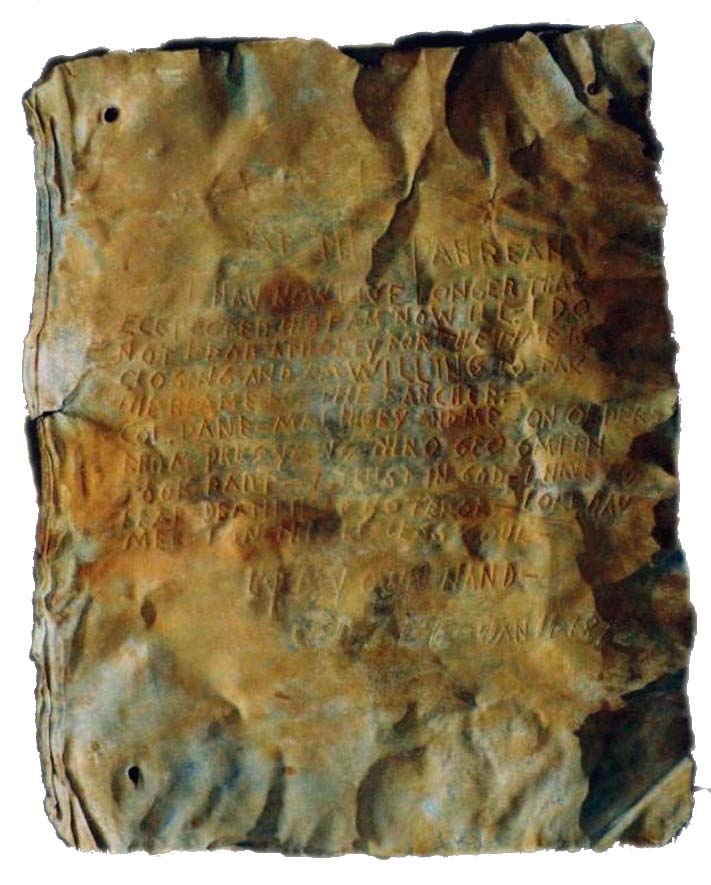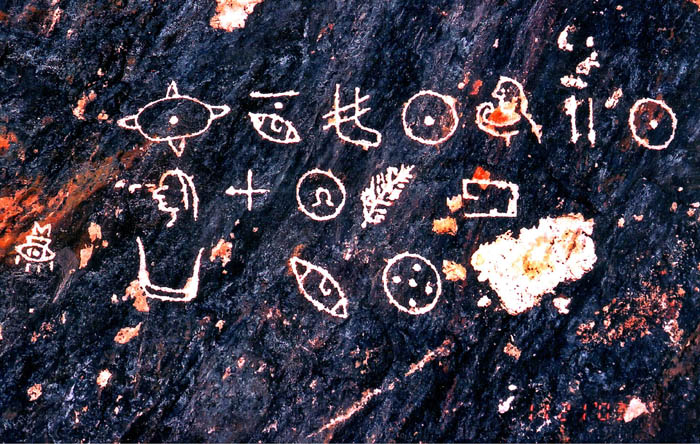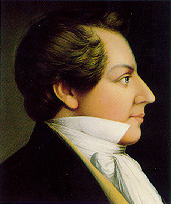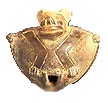|
TRANSLATING CORRECTLY OKAY?
April 1, 2002 -- It's one of America's most popular exports, used just about
everywhere, from Paris to Beijing, from Johannesburg to Calcutta. But how
did OK come to be? Linguists have pondered the question for years, arriving
at many colorful -- but incorrect -- answers.
 |
Some believe it came from the abbreviation of Orrin Kendall biscuits, which
soldiers ate during the civil war. Others say OK is short for Aux Cayes, a
Haitian port that American sailors praised for its rum. Another legend
suggests the word comes from Old Keokuk, a Native American tribal chief who
was said to have signed treaties with his initials.
But none of those versions have been proven correct, as NPR's Neva Grant
reports for Morning Edition's Present at the Creation series.
What is known is that one of the first instances of OK appearing in print
was in the spring of 1839 by the Boston Morning Post:
It is hardly necessary to say to those who know Mr. Hughes, that his
establishment will be found to be 'A. No. One' -- that is, O.K. -- all
correct.
So if OK stands for "all correct," wouldn't it be "AC"? Not exactly, says
linguist Erin McKean, who points out that the word was intentionally
misspelled. Much like the way people on the Internet shorten or abbreviate
words when typing, OK was misspelled on purpose.
"For instance, a lot of kids online spell "cool," "k-e-w-l," says McKean,
senior editor for U.S. dictionaries at Oxford Press. "They know how to spell
cool, but it just looks cooler to spell it "k-e-w-l."
It was cool in certain East Coast cities in the mid-19th century to
substitute OK for "all correct." McKean says it was common for people of
that day to use inside lingo -- shorthand full of puns, purposeful
misspellings and abbreviations. For example, they'd use "SP" for "small
potatoes," or "TBFTB" for "too big for their britches."
Other abbreviations faded into obscurity, but the word OK stuck around. One
of the reasons it weathered time is because it got a boost from
then-president Martin Van Buren.
Van Buren, a native of Kinderhook, N.Y., was popularly referred to as "Old
Kinderhook" -- OK for short. Van Buren's 1840 reelection campaign became so
heated that the word OK was widely used and abused by both sides.
In fact, to hurt the Democratic Party, an opponent started a rumor that it
was former president Andrew Jackson who created OK, as an abbreviation of
"all correct." The rumor implied that the rustic Jackson was a poor speller.
That explanation for OK wasn't true, either, but it did have staying power.
And it helped propel the use of OK even further.
So much, in fact, that it's used all around the world today.
"To talk about the larger phenomenon as OK spread across the America and
given to the world -- that implies that it has multiple origins; that people
accept it for a variety of reasons," says Michael Adams, a linguist and an
Albright College professor.
Adams says there are words like OK in many other languages. In the West
African language of Wolof, "waw kay" means "yes." In Choctaw, "okeh" means
"indeed."
While there isn't any proof that any of the words gave birth to the American
OK, Adams says it's possible that the many non-English phrases helped the
English one stick.
"The influence of Choctaw, African American speech, political speech -- all
of that came together in a kind of melting pot," Adams says. "There is a
sense that the newspaper started it, but all those other influences came
together to make OK probably the most popular American English word."
McKean says because OK has that sense of "jauntiness and belonging," people
from all over the globe want a part of it.
Famed journalist H.L. Mencken wrote about it. American soldiers took it to
the places they were stationed. It was even taken into space, by astronauts
like John Glenn, who excitedly exclaimed as the Friendship 7 launched, that
"We're all OK!"
"I'm trying to think what people would have said before OK," McKean
questions. "If you had to go through a day without it, could you do it?
Are you going to say, "right you are," or "very well?"

Source:
NPR.org |
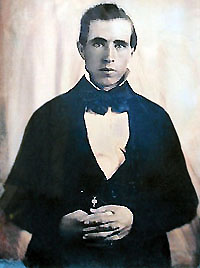
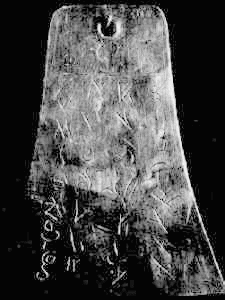


 "I have translated a portion of them, and find they contain the history
of the person with whom they were found.
He was a descendant of Ham, through the loins of Pharaoh, king of Egypt,
and that he received his kingdom from
the Ruler of heaven and earth."
"I have translated a portion of them, and find they contain the history
of the person with whom they were found.
He was a descendant of Ham, through the loins of Pharaoh, king of Egypt,
and that he received his kingdom from
the Ruler of heaven and earth."

